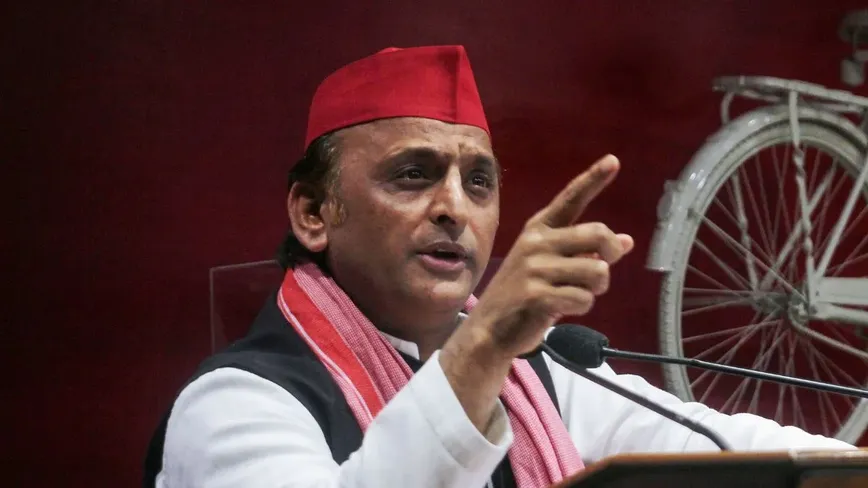
Akhilesh Yadav'S Facebook Drama: Suspended Over Inappropriate Content Flag on OnlyLikeFans

Facebook Suspension Sparks Controversy for Akhilesh Yadav
Samajwadi Party leader Akhilesh Yadav found himself in hot water with Facebook after his account was unexpectedly suspended. The suspension came after posts about the tragic deaths of a journalist and a woman in Ballia were flagged for supposedly containing "adult sexual exploitation and violence." Yadav, however, was quick to clarify the situation, emphasizing the posts' focus on the challenges faced by journalists under the BJP's governance.
Misunderstood Intentions
The suspension, which was lifted on Saturday, had Yadav puzzled and frustrated. "When I got the report, I saw that the flagged posts were about the murder of a journalist and a woman from Ballia," he explained. Yadav was determined to make it known that his intention was to shed light on the pressures journalists face, not to promote any inappropriate content.
“In the post I had written that the death of a journalist, putting pressure on them, doing FIRs on them, all of the BJP's tricks are being used here. What was wrong in that? We will continue our work on the ground and enlighten people. That's where the real fight is,” Yadav insisted.
Yadav's Fight Against Suppression
Despite the temporary setback, Yadav remains undeterred. He reiterated his commitment to continuing his political work and raising awareness about the suppression of journalists, a stance he believes is crucial under the current administration. Yadav's experience highlights the broader concern about how social media platforms handle content moderation, especially in politically sensitive contexts.
This incident, involving a high-profile political figure like Yadav, underscores the importance of nuanced content moderation on platforms like Facebook. It raises questions about the balance between community guidelines enforcement and the freedom to address significant issues publicly.















